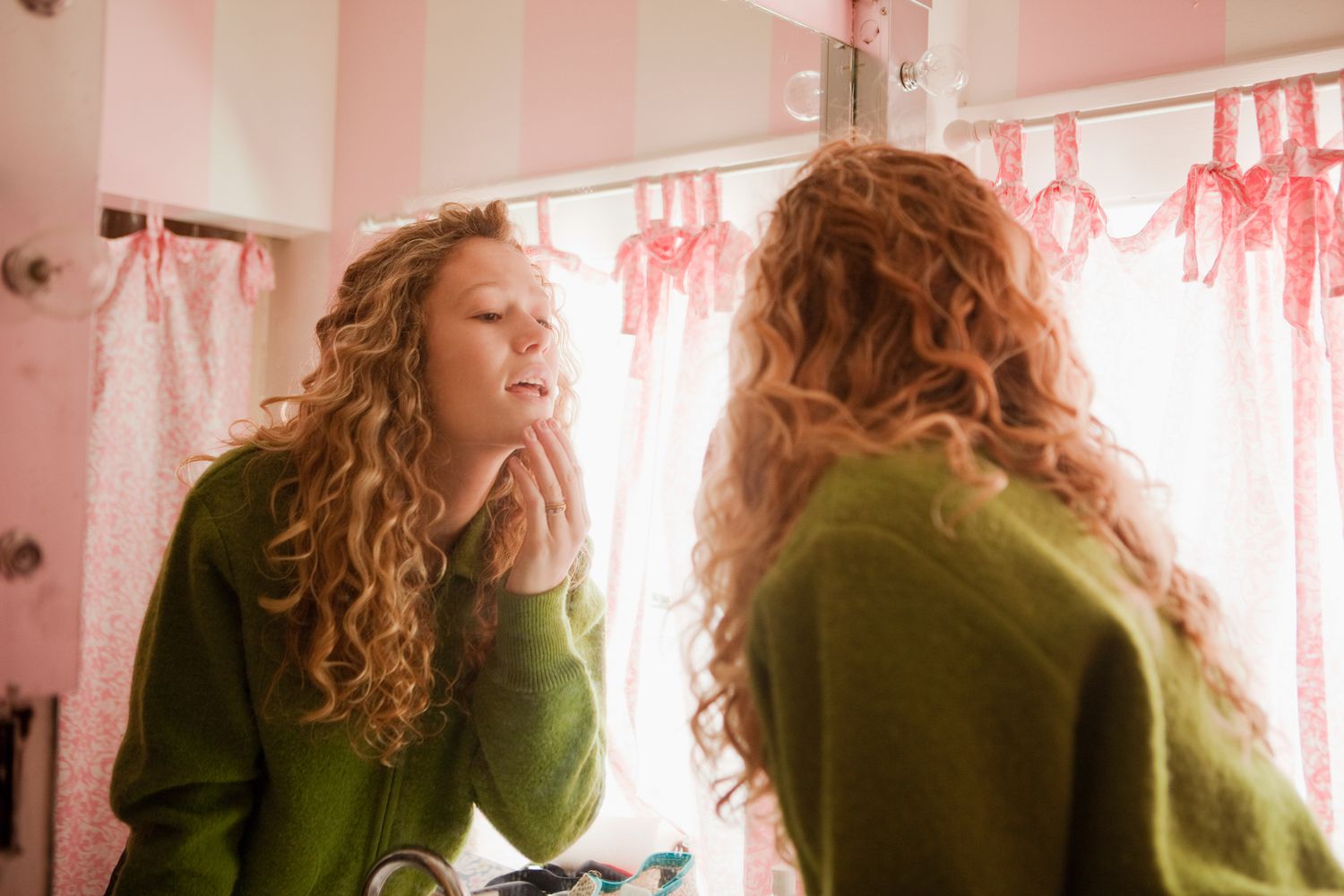Expert Dermatologists Evaluate the Effectiveness of Iodine for Treating Pimples

The newest skincare hack on TikTok suggests using povidone-iodine, a topical antiseptic commonly used to clean cuts, burns, and scrapes, as a way to get rid of pimples and clear up acne and scarring. Multiple TikTok creators boasted about iodine’s acne-clearing benefits, including Nicole Olsen, whose TikTok video has over 1.2 million views. Before adding iodine to your skincare routine, dermatologists want you to know whether it truly works on pimples and if it poses any health risks.
According to Murad Alam, MD, Vice-Chair and Professor of Dermatology at the Feinberg School of Medicine at Northwestern University, iodine is a chemical element like oxygen or gold listed on the periodic table and is represented by the symbol “I.” However, people using iodine for acne prevention are not putting elemental pure iodine on their faces. The typical form used for acne is a 3% povidone-iodine solution, which is a liquid antiseptic cleanser used to treat or prevent skin infections in minor cuts, wounds, scrapes, or burns.
Brendan Camp, MD, double board-certified in dermatology and dermatopathology, who also sees patients at MDCS Dermatology, noted iodine can also come in various forms sold as dietary supplements, medications, salts, and disinfectants. While iodine solutions like povidone-iodine are used as antiseptics to clear the skin of microorganisms and bacteria before surgical procedures, experts say there is not enough evidence to support whether or not the solution truly works to clear up acne and eliminate pimples.
Acne is multifactorial, meaning that multiple things can contribute to the formation of a pimple, including bacteria. Topical iodine may be useful in some cases, “like using an alcohol wipe on a zit, topical iodine may be helpful for some people, and in small quantities, is unlikely to be harmful,” according to Dr. Alam. If one were to use povidone-iodine, Dr. Alam suggests using a cotton ball, cotton swab, or a small piece of sterile gauze to apply the solution to the pimples. They should not use their fingers to apply the solution and should not use too much because it can drip and stain clothing.
Dr. Alam said iodine applied onto the skin for acne doesn’t really get into the body, so it can’t really help or harm the body overall. However, applying iodine in concentrated form regularly and leaving it on the skin for an extended period of time is not recommended. It can put the skin at risk for contact dermatitis, a rash that can cause redness, itching, and scaling as a result of damage to the skin barrier from an external irritant. Additionally, people who have an allergy to some components of a povidone-iodine solution may experience rashes, redness, blisters, or breakouts.
While it may not cause too much harm to the user, experts do not recommend using povidone-iodine to get rid of pimples and acne because there is little data that exists to support its safety and effectiveness for this purpose.
“I do not regularly recommend the use of iodine as a treatment for acne,” Dr. Camp confirmed. “There are a number of other options, both over-the-counter and prescription, that have substantial scientific evidence that supports their safe and effective use to treat acne.”
In addition, Dr. Alam pointed out that it is not known what problems, if any, are associated with or related to the long-term use of topical povidone-iodine for acne. The solution is also not currently approved by the U.S. Food and Drug Administration (FDA) to treat acne and pimples.
“I do not recommend iodine to my acne patients because we don’t know much about it, it is not approved for this purpose, and other safe, proven medications for acne are available,” Dr. Alam agreed. “This is not an FDA-approved treatment for acne and long-term use may have risks.”
While iodine is not what they'd recommend to patients struggling with managing acne, Dr. Alam and Dr. Camp noted there are several self-care steps people can take at home to prevent and manage breakouts.
Besides taking these measures, Dr. Camp said people can also try using natural ingredients and treatments for acne, including tea tree oil, honey, aloe vera, zinc, and green tea.
If you are not able to successfully address acne with over-the-counter products, he recommends seeking the assistance of a board-certified dermatologist to evaluate causes and potential treatments.




